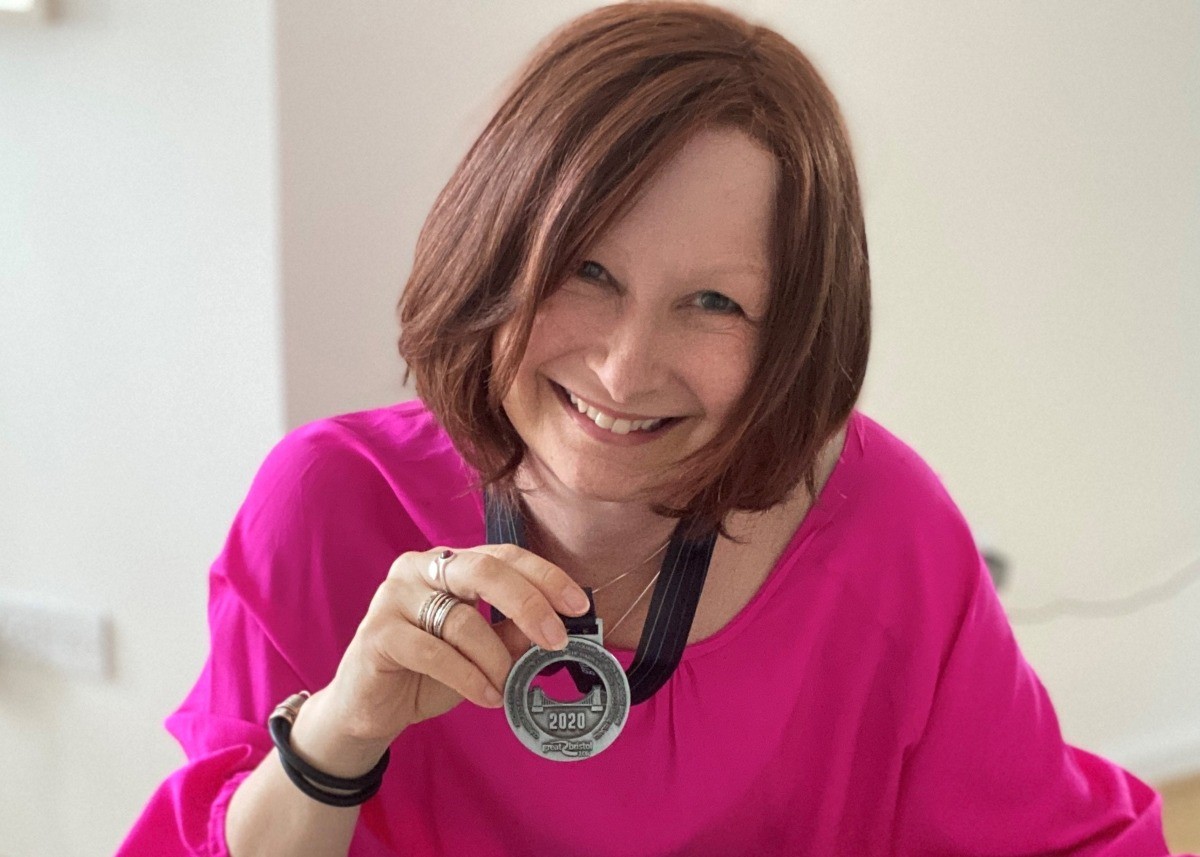In October 2021, we were very disappointed to learn that the National Institute for Health and Care Excellence (NICE) was provisionally unable to recommend tucatinib with trastuzumab and capecitabine for routine use on the NHS.
In October 2021, we were very disappointed to learn that the National Institute for Health and Care Excellence (NICE) was provisionally unable to recommend tucatinib with trastuzumab and capecitabine for routine use on the NHS.

This tucatinib combination is a treatment for HER2 positive, locally advanced or secondary breast cancer after people have received two or more other treatments specifically for HER2 positive breast cancer.
We have already released a statement responding to this decision, but wanted to follow up with patients to get their input on the outcome, as well as provide an update on what we plan to do next.
What do patients think of this news?
Vicki

Vicki has been receiving the tucatinib combination through the HER2CLIMB trial and she so powerfully shared her experience alongside Breast Cancer Now throughout the NICE appraisal process. Vicki wants to ensure patients will be able to routinely access this treatment on the NHS. This is what she told us:
'It was really hard to come to terms with my diagnosis and the fact that there was no cure. It felt like a death sentence hanging over my head. While treatments helped shrink the tumours, it was at the cost of my quality of life. No treatment worked for long and when my cancer started to grow I felt I was fast running out of options.
'Then, the cancer spread to my brain. It felt like this was the end, as my lung and ancillary tumours had also started to grow more rapidly.
'Luckily, I found out I was eligible for a trial for tucatinib with trastuzumab and capecitabine and within six weeks of starting all of my tumours started to shrink and I’ve had no progression. This was so much more than I’d hoped for. The treatment not only works very effectively and has helped keep the cancer at bay for the past two and a half years, it’s enabled me to have a better quality of life.
'I’ve seen too many young women tragically die of this disease and the tucatinib combination offers the opportunity to extend life. No price can be put on the additional time I’ve had with my family and the memories we’ve made thanks to this drug. That’s why I want other women to be able to access this treatment too and hope this provisional rejection can be reversed.'
Anna

Anna, who has HER2 positive secondary breast cancer wants to ensure the tucatinib combination is made available on the NHS so it’s there to access when she needs it. Here are her thoughts on the decision:
'When I was first diagnosed with secondary which was ‘incurable and inoperable’ in my liver and bones, I thought my life was likely over. But I responded well to Herceptin and chemotherapy and things got under control. I had been able to enjoy life and to make the most of it wherever and whenever I can.
'Then, three years later, I found it had spread to my brain. This provided a whole new level of fear because drugs struggle to cross the blood/brain barrier.
'When there are treatment options, there is always hope. At the moment I have options, but they are running out. There is definitely an unmet need in treatments for HER2 positive cancer. In fact, there is an urgent need to get life-prolonging treatment into the brain. But as yet approval hasn’t happened and so I continue to wait and time continues to pass by, while hope begins to dwindle.
'A few precious years or even months may not seem much to people not faced with death, but to me, my family and my friends, it is everything. It’s crucial that this treatment is now quickly made available on the NHS.'
Why was this treatment provisionally rejected for use and what happens next?
The cost estimates for the treatment are higher than what NICE considers a cost-effective use of NHS resources. We’re pleased that NICE has said that they will continue to work with the company as they seek to address the issues that have been highlighted in the draft guidance.
We will be continuing our work to ensure this draft decision can be turned from a ‘no’ into a ‘yes’. There will now be a period of consultation until 16 November which we’ll be responding to, followed by a further NICE committee meeting after which a final decision will be made. We’ve also written to the company urging them to do everything possible to ensure this treatment can be recommended for routine use on the NHS.
What about Scotland, Wales and Northern Ireland?
The Scottish Medicines Consortium (SMC) is also currently assessing this treatment for use on the NHS in Scotland, and Breast Cancer Now is involved in this process. We expect an SMC decision in early 2022. Wales and Northern Ireland normally follow NICE decisions.
How can I get involved?
If you want to share your experience of HER2+ breast cancer, you can respond to the NICE consultation directly. Alternatively, you can contribute to Breast Cancer Now’s consultation response by telling us your story and referencing tucatinib.
Campaigning for more and better access to breast cancer drugs is a vital part of what we do here at Breast Cancer Now. Take a look at our campaigns information for an idea of how we work and what you can do to get involved.